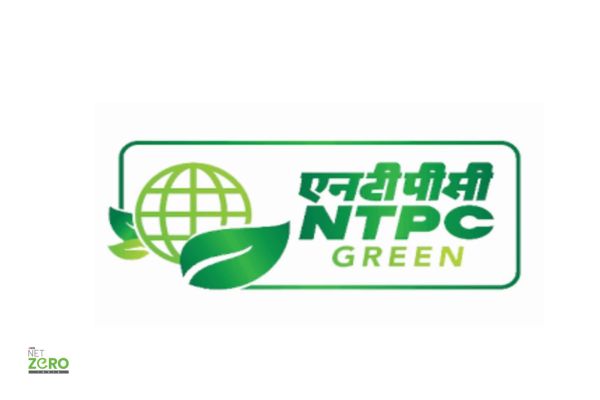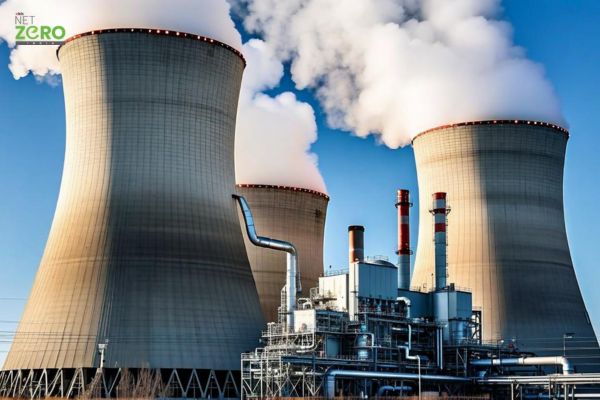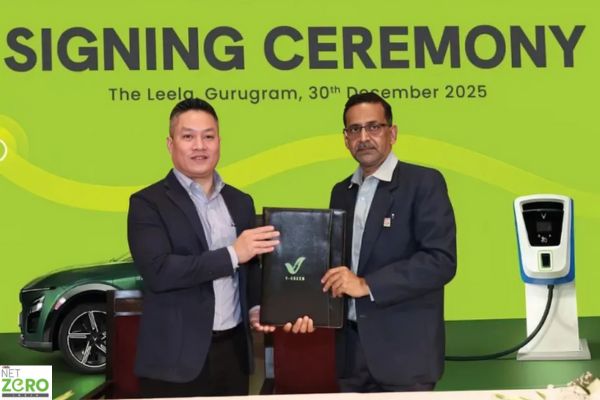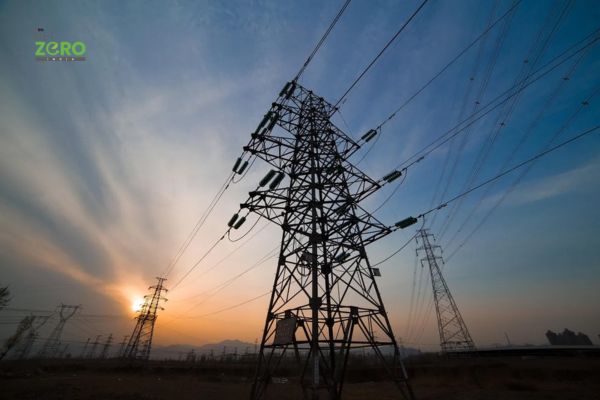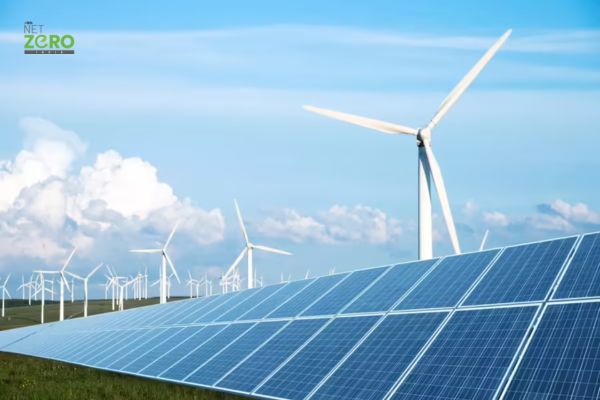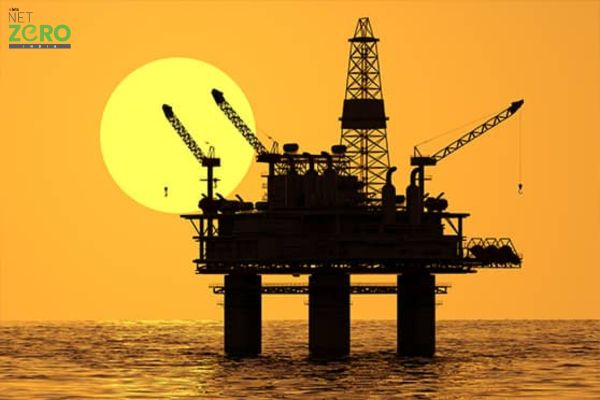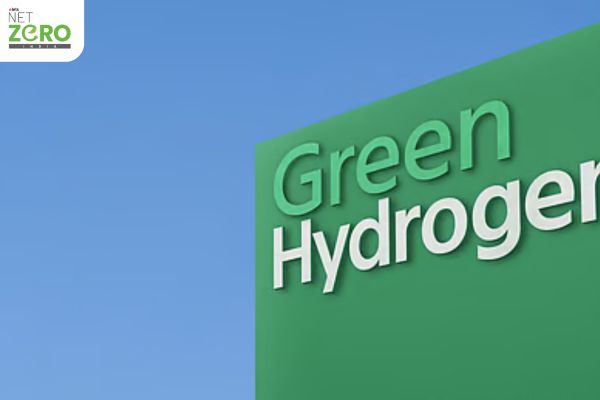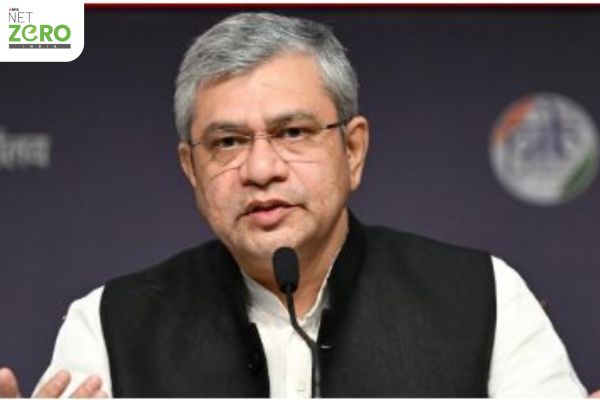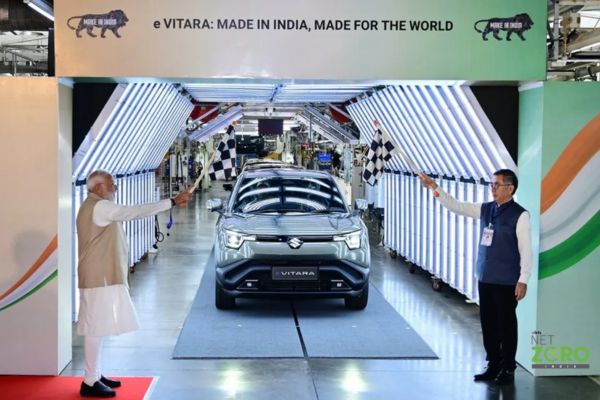
Suzuki Motor Corporation on Tuesday announced a massive ₹70,000 crore investment plan for India over the next six years, including ₹3,200 crore earmarked for establishing a new dedicated line to manufacture electric vehicles (EVs) at its expansive Hansalpur facility, situated about 90 kilometres from Ahmedabad.
The new EV line, with an annual capacity of 2.5 lakh cars, will raise Suzuki Motor Gujarat Private Ltd (SMG)’s total car production capacity at Hansalpur to 10 lakh units per annum. This facility, a 100 per cent subsidiary of Suzuki Motor Corporation, will also serve as the global production hub for the e-Vitara model. Prime Minister Narendra Modi officially flagged off the newly produced Battery Electric Vehicle (BEV) from the plant, which currently rolls out Baleno, Fronx, and Swift across its three existing lines.
“This Gujarat facility, serving customers across India and global markets, will soon be one of the world’s largest automobile manufacturing hubs, with a capacity of one million units. We have chosen this facility to manufacture the e-Vitara, our first BEV, and make it the global production hub for this model. The ‘Made-in-India BEV’ will be exported to over 100 countries, including Japan and Europe,” stated Toshihiro Suzuki, Representative Director & President, Suzuki Motor Corporation, at the Hansalpur event.
The e-Vitara, inaugurated by PM Modi, was produced on the third line of the Hansalpur plant. Rahul Bharti, Senior Executive Officer, Maruti Suzuki, said, “We have already invested ₹21,000 crore in the car plant here and plan to invest an additional ₹3,200 crore for the fourth line. With its 2.5 lakh annual car production capacity, this line will power the launch of the e-Vitara in India during this financial year.” The first production line was inaugurated in 2017, followed by the second in 2019 and the third in 2021.
Maruti Suzuki’s export journey began in 1986, with the first major consignment of 500 cars sent to Hungary in September 1987. It touched the one-million export milestone in FY13 and crossed two million exports by FY21. Company officials revealed that Suzuki’s ecosystem has attracted ₹35,000 crore worth of investments in Gujarat, involving over 100 component manufacturers.
The event also spotlighted another milestone: the ₹4,200 crore lithium-ion battery and cell manufacturing project, TDSG, located near the Maruti Suzuki plant. Speaking about the joint venture, Toshihiro Suzuki said, “Our second major milestone is the start of production of India’s first lithium-ion battery and cell with electrode-level localisation. Manufactured at the Toshiba-Denso-Suzuki plant, this development salutes Atmanirbhar Bharat, with only raw materials and some semiconductor parts sourced from Japan. Through a multi-powertrain strategy—including electric, strong hybrid, ethanol flex fuel, and compressed biogas—we aim to achieve carbon neutrality and climate change goals. Suzuki will invest over ₹70,000 crore in India over the next five to six years.”
Highlighting localisation efforts, the official added, “Many companies manufacture batteries in India but import cells. TDSG began cell manufacturing four years ago, and now electrode production, including cathodes and anodes, has also started.”
At the event, Prime Minister Modi reflected on Suzuki’s journey in Gujarat. “The foundation for the Hansalpur unit was laid in 2012, when land was allotted to Maruti Suzuki. Today, Suzuki Japan is producing cars in Bharat, and these cars are being exported back to Japan. This reflects the strength of Bharat-Japan ties and the trust global companies have in Bharat. Maruti Suzuki has been India’s largest car exporter for four consecutive years, and from today, EV exports will also begin at the same scale,” Modi said.
Also Read: PM Modi unveils Ambitious Plan: 10 New Nuclear Reactors, Tenfold Energy Capacity Boost by 2047
He further shared, “During my Singapore visit last year, I had suggested converting old vehicles, including ambulances, into hybrid EVs. Maruti Suzuki took up the challenge and developed a prototype within six months. I saw this hybrid ambulance prototype today. These vehicles fit well under the PM E-DRIVE scheme, which has a dedicated budget of ₹11,000 crore for e-ambulances. Hybrid EVs will cut pollution and provide an option to retrofit old vehicles.”
On his upcoming Japan visit, Modi added, “India-Japan ties go beyond diplomacy; they are rooted in culture and trust. We see our progress in each other’s progress. The Maruti Suzuki journey we began years ago has now reached the speed of a bullet train.”
Be a part of Elets Collaborative Initiatives. Join Us for Upcoming Events and explore business opportunities. Like us on Facebook , connect with us on LinkedIn and follow us on Twitter, Instagram.
"Exciting news! Elets technomedia is now on WhatsApp Channels Subscribe today by clicking the link and stay updated with the latest insights!" Click here!




